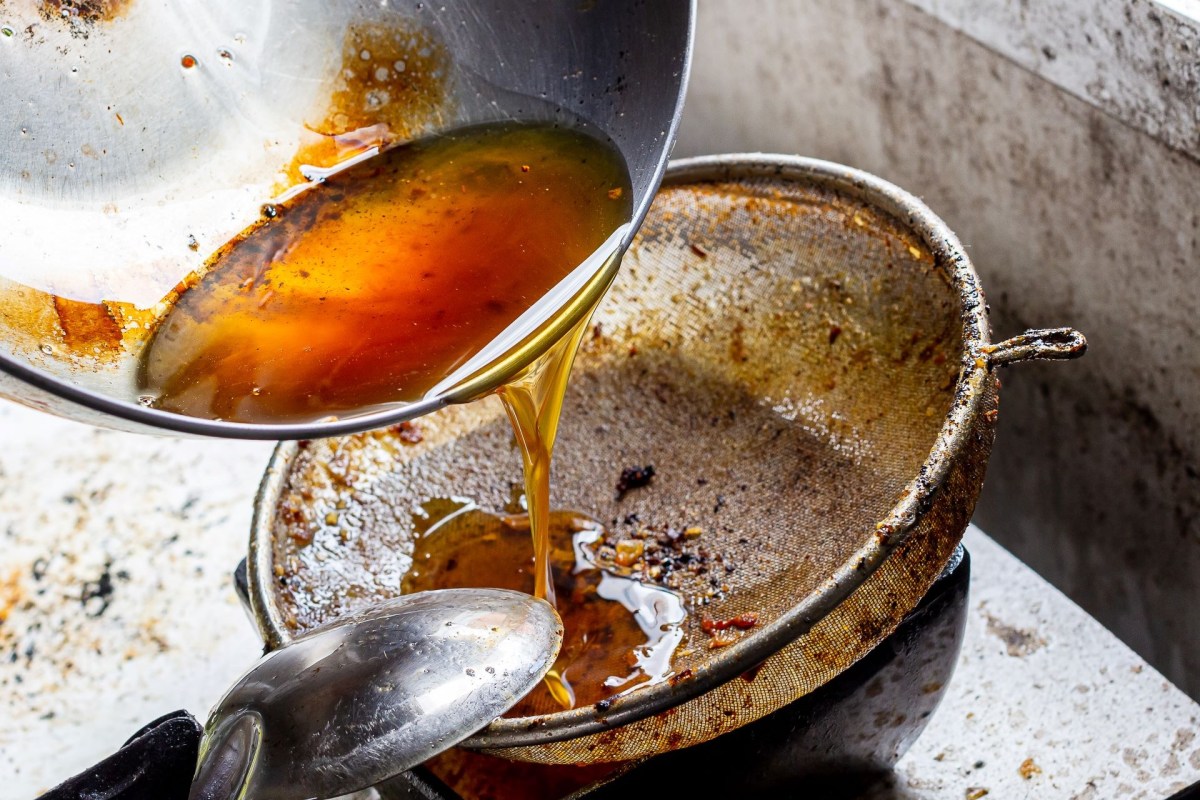Many people do not know how to dispose of cooking oil safely. In fact, the top way that most people dispose of it is really the one thing you do not want to do: pour it down the drain in its hot liquid form.
Why shouldn't I pour cooking oil down the drain?
Pouring oil down the drain may seem like an easy and simple way to get rid of waste. But the problem is that the oil will quickly solidify, clogging the pipes in your home and even the pipes in the entire sewer system.
For example, in 2019, more than 80 houses in Queens, New York, were flooded by sewage caused by a blocked pipe that was likely the result of an influx of cooking oil after Thanksgiving.
The results are not always that dramatic, but clogged pipes in your own home can be a huge hassle, leading to the need to call a plumber and shell out money for repairs.
What should I do with cooking oil instead?
According to New York City's Department of Environmental Protection, cooking oil should be placed in a container (try to avoid plastic, which can corrode from hot oil), labeled "not for recycling," and thrown away with regular garbage. Alternatively, it can be frozen and then thrown out with regular garbage like normal.
However, it is possible for cooking oil to be recycled — but only at specialized recycling plants. Luckily, there is a website that allows you to search to see if there are any such plants near you. Type in your zip code and find out where you can bring your used oil to ensure that it has the least harmful environmental impact possible.
Can cooking oil be recycled at home?
Most cooking oils can actually be reused two or three times, though reusing them over and over is not a good idea. Still, it's possible to get more of a life cycle out of them than most people do.
And if you're in the mood for a fun, crafty project, you can actually use cooking oil to make your own soap.
It's also worth thinking about what types of cooking oil you're using and what kind of environmental impact they have. One company called Zero Acre, for example, is using the fermentation process to create a new, sustainable type of oil.
Join our free newsletter for easy tips to save more, waste less, and help yourself while helping the planet.









